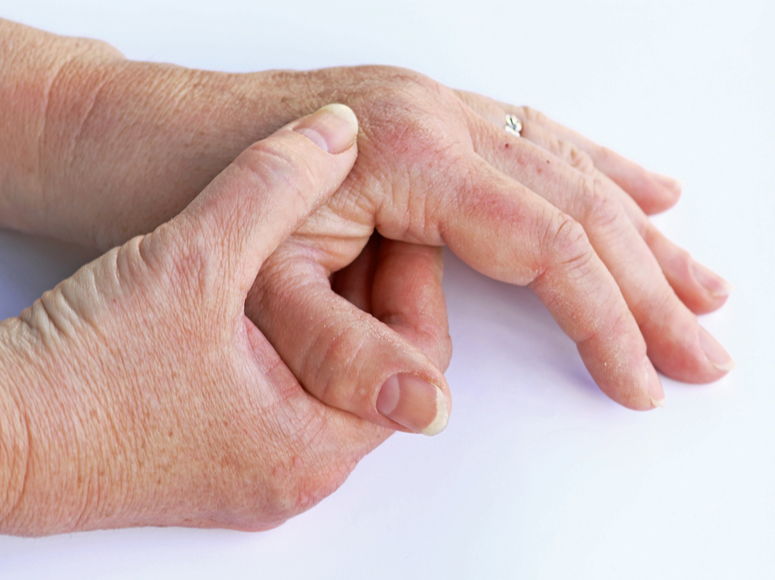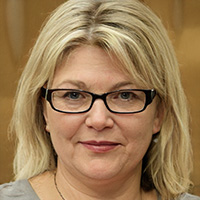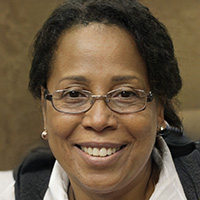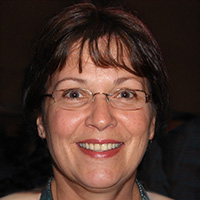Caring for the skin of older adults. Skin changes are one of the most apparent signs of aging. In fact, over 90% of older people suffer from some skin disorder. In this article, Nomenial explains more.
The skin has many functions, including:
The ability to perceive touch, pain, and pressure thanks to the nerve receptors it contains.
It helps control fluid balance, and it helps to maintain body temperature and protect from external factors.
With aging, the outer layer of the skin (epidermis) suffers a thinning that makes it more fragile, having an appearance of more pallor and transparency and triggering a greater risk of wounds and injuries to the skin.
Similarly, over the years, the subcutaneous fat thins, which causes it to offer less insulation for our elders, thus reducing their ability to maintain body temperature. Similarly, when this layer is lost, its capacity to absorb topical medications (those applied through the skin) is also reduced.
For all this, it is fundamental, if we want our elder to have an adequate quality of life, that we take care of his skin. Moreover, in the summertime we enter, the skin is exposed to more significant risks.
To achieve this, we must follow the following advice:
Moisturize thanks to the diet
In the summer, the skin tends to dry out, and older adults can suffer from cracks that can cause small, uncomfortable wounds that are difficult to heal. To avoid this, the body must be permanently hydrated. The best way is through stable and sufficient water consumption (between 6 and 8 glasses of water a day).
Along with water, other fresh foods will provide our elders with the water levels they need. Such is the case with foods such as watermelon, tomato, cucumber, pumpkin, spinach, or chard.
Wearing lightweight clothing
Wearing lightweight, light-colored clothing protects our family members from the sun when outdoors.
With these garments, we must avoid exposing areas of the body that can be affected by intense sun rays. One of them is the scalp, so it is necessary to accompany this clothing with accessories that cover it, such as hats or caps.
Do not go out during the hottest hours
Physical activity for older people improves their aging, as well as their cognitive ability and emotional state. However, in the summer period, one should avoid going out during the hours when the sun radiates most strongly. This is the interval between 12:00 and 17:00h.
Likewise, although we stay at home during these hours, we must also take precautions. The most recommendable thing in this day’s space is to lower the blinds to prevent the sun from entering directly.
Caring for the skin of older adults: Apply Sunscreen
Even if the garments completely cover all the body areas of our elders or the walks we take are carried out during the less dangerous hours, we should always apply sun protection. With it, we will prevent him from suffering damages such as sunburn, spots, or skin eruptions.
A reminder: sunscreen should be applied 30 minutes before exposure to the sun.
Caring for the skin of older adults: Warm water for bathing
The temperature of the bath water should be similar to the body temperature.
We will always attend to our elder’s temperature preferences to make the shower a pleasant moment, but the water can never be too hot.
As for the duration of the showers, they should be short because being under the water for an excessive time causes the skin to lose its natural protection and tends to dehydrate more quickly.
Use mild soaps and maintain good hygiene
Before dressing our elder, we will apply moisturizing cream all over his body, especially on the face, armpits, genital area, hands, and feet. After use, it is advisable to rinse the skin with plenty of water, so no residue is left on it. The best soaps are not containing detergents, so they do not irritate the skin.
Periodically check the skin
Just as other body parts need to be checked regularly, regular skin check-ups are also essential.
Thus, we will check daily if any wound or ulcer has occurred that does not finish healing, as they are prevalent in older adults, and the intervention in the first days is essential to ensure a less annoying and painful cure.
Like the ulcers, we must also check freckles, spots, and moles, checking if they have increased their shape and size. If this is the case, you should go to the dermatologist as soon as possible.
Caring for the skin of older adults: Be accompanied
One can only provide the above care through comprehensive and ongoing care. This is the one offered by the caregivers that we select in Nomenial. As professionals, they know perfectly the type of care that each skin requires according to the needs of each specific case.
We know that, for us, the most important thing is the well-being of our family and this specialized and personalized care is what they deserve at this stage of their life.
For more information on how to find a private carer, see this post: http://nomenial.co.uk/how-to-find-a-private-carer-nomenial-blog/







